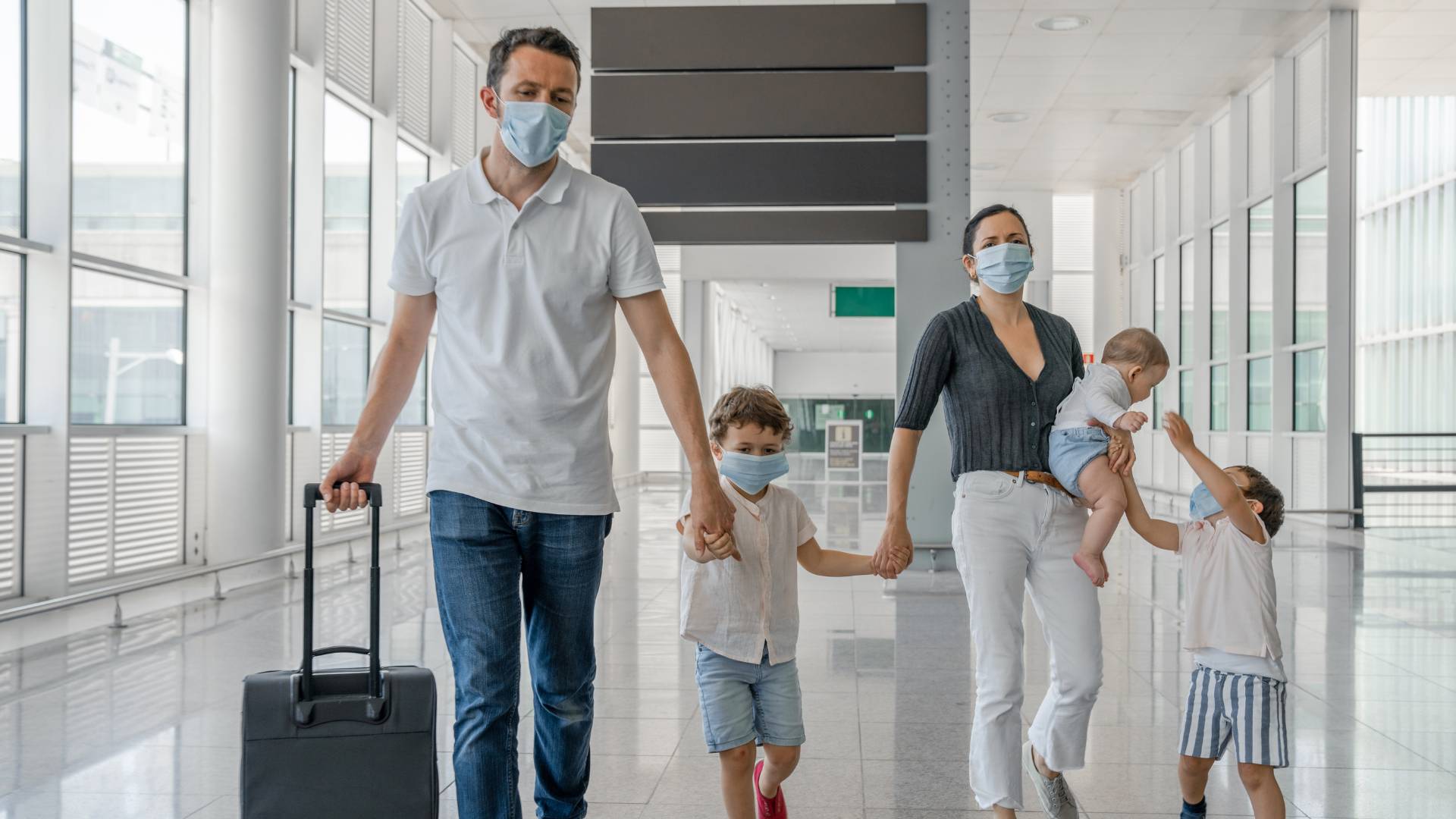Last Updated on 27/04/2023 by Manolis Maragkoudakis
Travel to Greece during Covid-19
All you need to know before traveling to Greece
Travelling is one of the things that almost everyone misses and wishes to experience again. The impulse for a getaway is growing day per day. European countries are starting to make deals for summer 2021 to allow vaccinated people to travel freely between the countries that are involved in this venture. One of the main goals, in order to lift some restrictions, is infection rates declining.

Who has made the best progress in vaccination, relative to population size?

According to Statista, as of March 30, 2021, the United Kingdom had the highest COVID-19 vaccination rate in Europe having administered 50.85 doses per 100 people in the country.
As per the latest data, Malta had carried out 42.15 doses of the vaccine per 100 people, followed by Serbia with a vaccination rate of 35.58 while Greece has administered 16.01 per 100 people, which means that 6.1% of the population is fully vaccinated against COVID-19.
The global outbreak of the COVID-19 pandemic has negatively affected the tourism industry. Tourism, in Greece, has been a key element of the GDP and is the country’s biggest economic sector. On the consumer side, guests have changed their mindset.
“All you want is Greece”
This was the new slogan of the new Greek Tourism’s promotional campaign, which was unveiled by the Minister of Greek Tourism, Charis Theocharis, at the world’s largest international tourism exhibition (ITB Berlin), on March 11th. He also announced that Greece is opening its borders on May 14.
“We aim to open tourism by 14 May with specific rules and updated protocols,” he said. “Until then, we will gradually lift restrictions if conditions allow.”
Who can travel to Greece?
The country intends to invite people and open Greece’s borders this summer to all travelers:
- who are vaccinated against Covid-19
- who were infected and now have antibodies
- who have tested negative prior to visiting Greece from mid-May and onwards.
Visitors will still be subject to random testing at all entry points to the country, specifically rapid tests which take less to process, so as not to be detained too long at your point of entry.

What you need to know before you travel to Greece?

Authorities’ requirements: Test & Passenger Locator Form
Anyone traveling to Greece must comply with the Greek authorities’ requirements, including testing before travel and completion of a Passenger Locator Form (PLF).
Digital Vaccination Certificate
After being one of the first European countries, Greece supported the idea of launching a digital vaccination certificate for those who have taken the two doses of the vaccine against the Coronavirus pandemic (COVID-19). The Minister of Culture, Lina Mendoni, believes that vaccination certificates are very important to make everyone “feel really safe”.
Health Needs: free of cost
All health needs, hospitalization, etc. – related to Covid – will be provided by the Greek State at no cost to tourists.
No differentiation, no exceptions
All the rules that apply to Greek citizens will be the same for tourists – no differentiation, no exceptions. For example, at present, it is compulsory to wear a mask in enclosed and public spaces.







Post Discussion